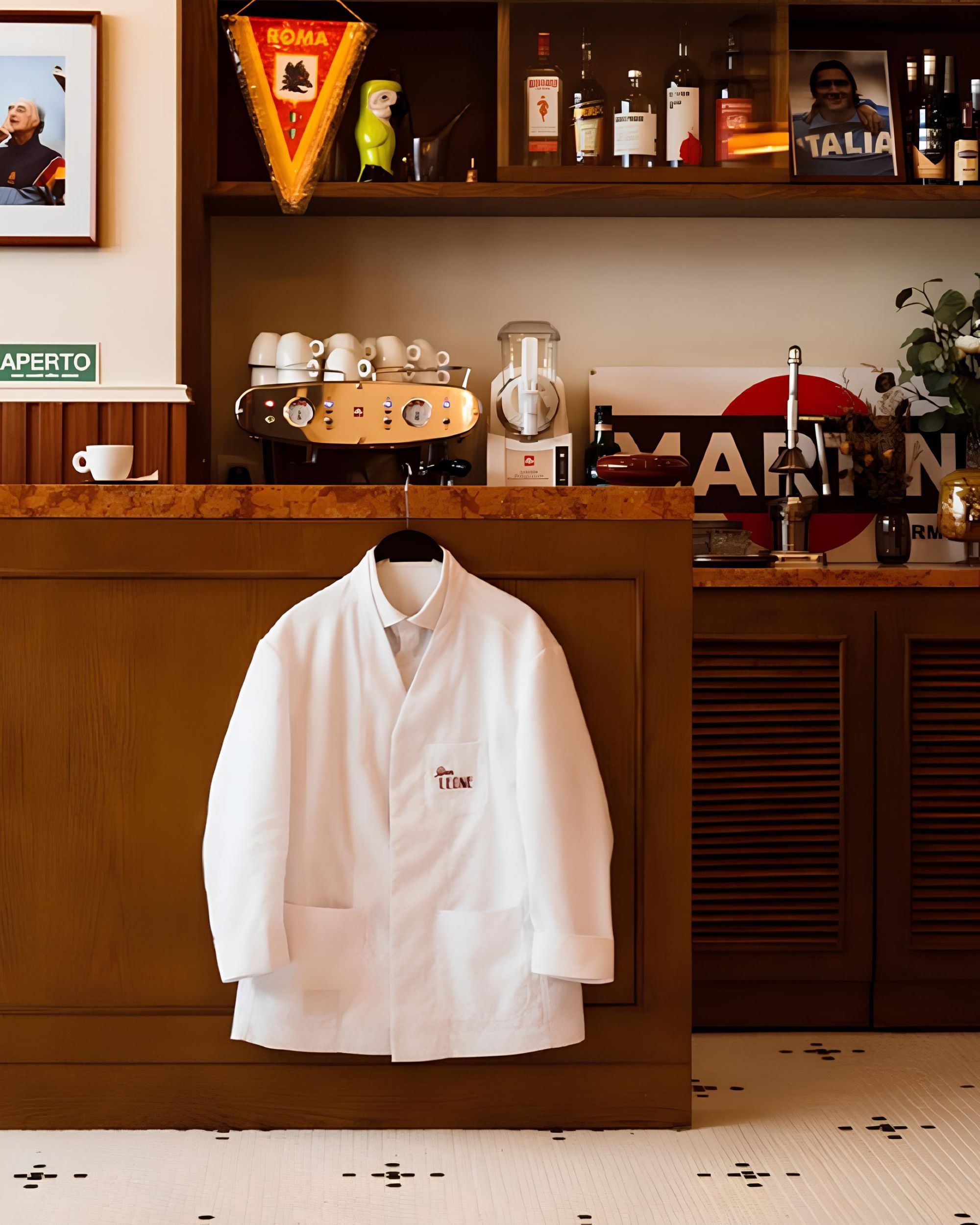
A historic newsstand in Rome has been turned into a vending machine Even the kiosks in the capital's city centre are facing a crisis
Known as the kiosk of Palazzo Chigi, it stands in the heart of the capital, in Piazza Colonna, and has met the most famous figures in the history of Italian politics. After a period of disuse and another of refurbishment in 2023, the newspaper Il Tempo relaunched the space as a podcast room and transformed the exterior walls into an automatic newspaper dispenser, and this Saturday it returned to being fully operational. Before the closure and purchase by the newspaper whose editorial office is just a few steps from the kiosk, the booth was known and frequented by parliamentarians and political leaders of every party. As reported by Il Post, the former owner Luciano Mondini even became acquainted with some of the political figures and customers, including Marco Pannella, former leader of the Radicals, and Gianni Letta, former adviser to Silvio Berlusconi. The same kiosk also supplied bundles of magazines and newspapers to the offices of Palazzo Chigi, as well as to the Chamber of Commerce and the Chamber of Deputies. In the 2000s, when the crisis in publishing began due to the advent of online magazines and social media, the daughters of Mr. Mondini, heirs of the kiosk, faced serious problems, ultimately deciding to sell the business in 2023.
In 2013, the kiosk became the center of a "dispute" with Palazzo Chigi. In April of that year, a 49-year-old man fired a firearm at two carabinieri, injuring them right in Piazza Colonna. The space was cordoned off, preventing access to all potential customers of the kiosk, a situation that caused serious damage to the Mondini sisters' business, who protested the decision to limit the accessibility of the square. The kiosk was taken over last year by Il Tempo, which was in turn acquired by Finanziaria Tosinvest in 2016, owned by Antonio Angelucci, a deputy of Popolo della Libertà, Forza Italia, and Lega at different times and founder of Libero in 2000. Thus continues the process of acquiring Italian kiosks, a project that has seen individual companies committed to revitalizing a crisis in publishing, which has, however, allowed for the development of new initiatives. Just last February, nss opened a temporary space for meeting and sharing in Milan, created in the footsteps of the J'Adore Napoli edicola in the birthplace of the magazine.

















































